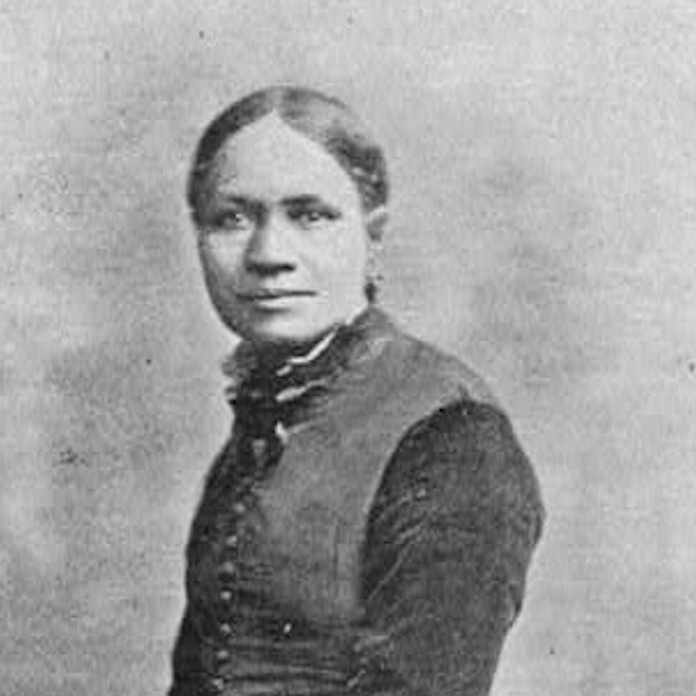The sale began—young girls were there,
Defenseless in their wretchedness,
Whose stifled sobs of deep despair
Revealed their anguish and distress.
And mothers stood, with streaming eyes,
And saw their dearest children sold;
Unheeded rose their bitter cries,
While tyrants bartered them for gold.
And woman, with her love and truth—
For these in sable forms may dwell—
Gazed on the husband of her youth,
With anguish none may paint or tell.
And men, whose sole crime was their hue,
The impress of their Maker’s hand,
And frail and shrinking children too,
Were gathered in that mournful band.
Ye who have laid your loved to rest,
And wept above their lifeless clay,
Know not the anguish of that breast,
Whose loved are rudely torn away.
Ye may not know how desolate
Are bosoms rudely forced to part,
And how a dull and heavy weight
Will press the life-drops from the heart.
Published:
None
Length:
Regular
Literary Movements:
Abolitionism
Anthology Years:
2023
Themes:
Agency
Poems of Place
Racial Injustice
Literary Devices:
Alliteration
the repetition of the same letter or sound at the beginning of words appearing in succession
Anaphora
a figure of speech in which words repeat at the beginning of successive clauses, phrases, or sentences
Hyperbole
exaggerated statements or claims not meant to be taken literally
Metaphor
a comparison between two unrelated things through a shared characteristic
Rhyme
correspondence of sound between words or the endings of words, especially when these are used at the ends of lines of poetry

